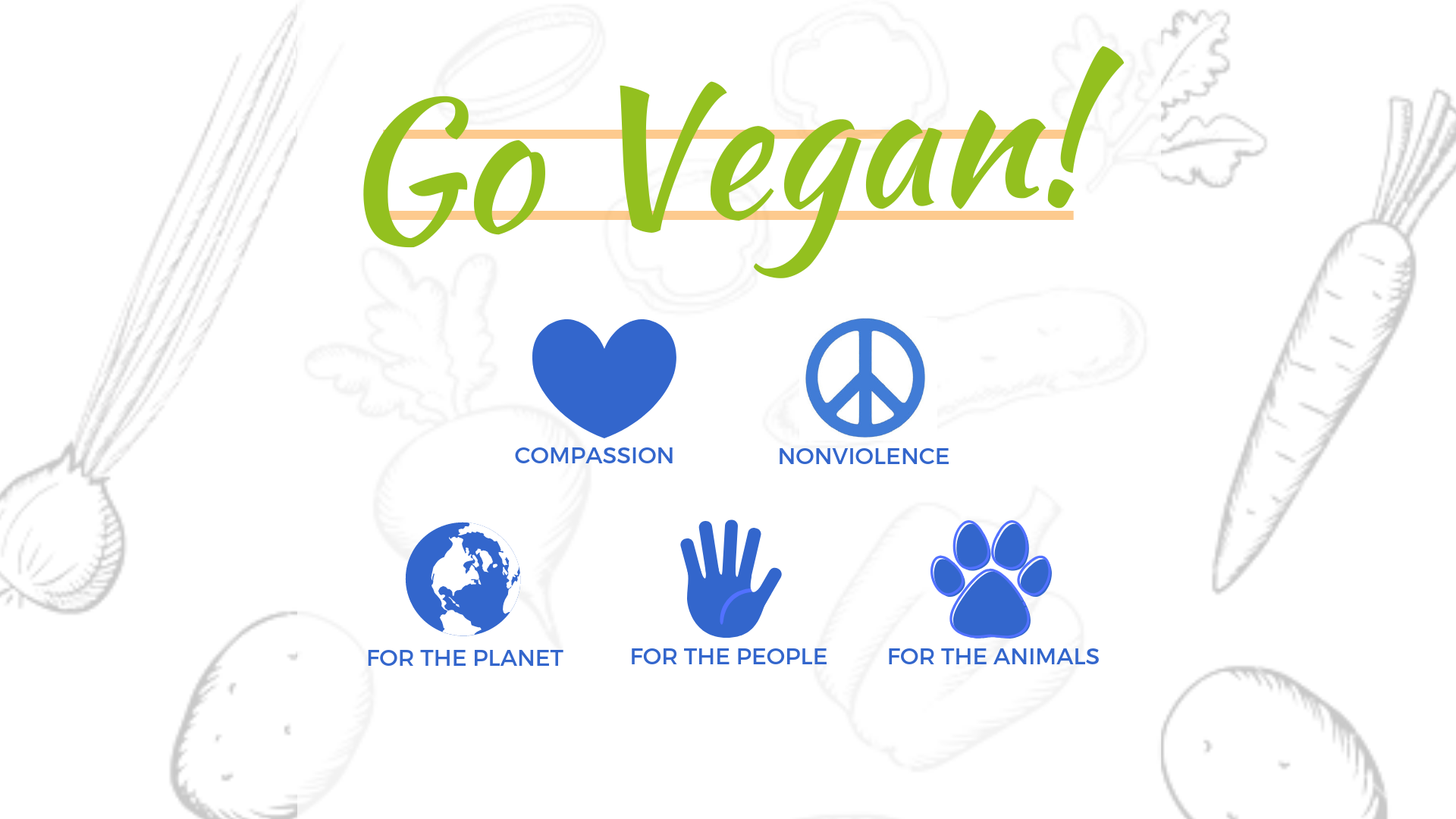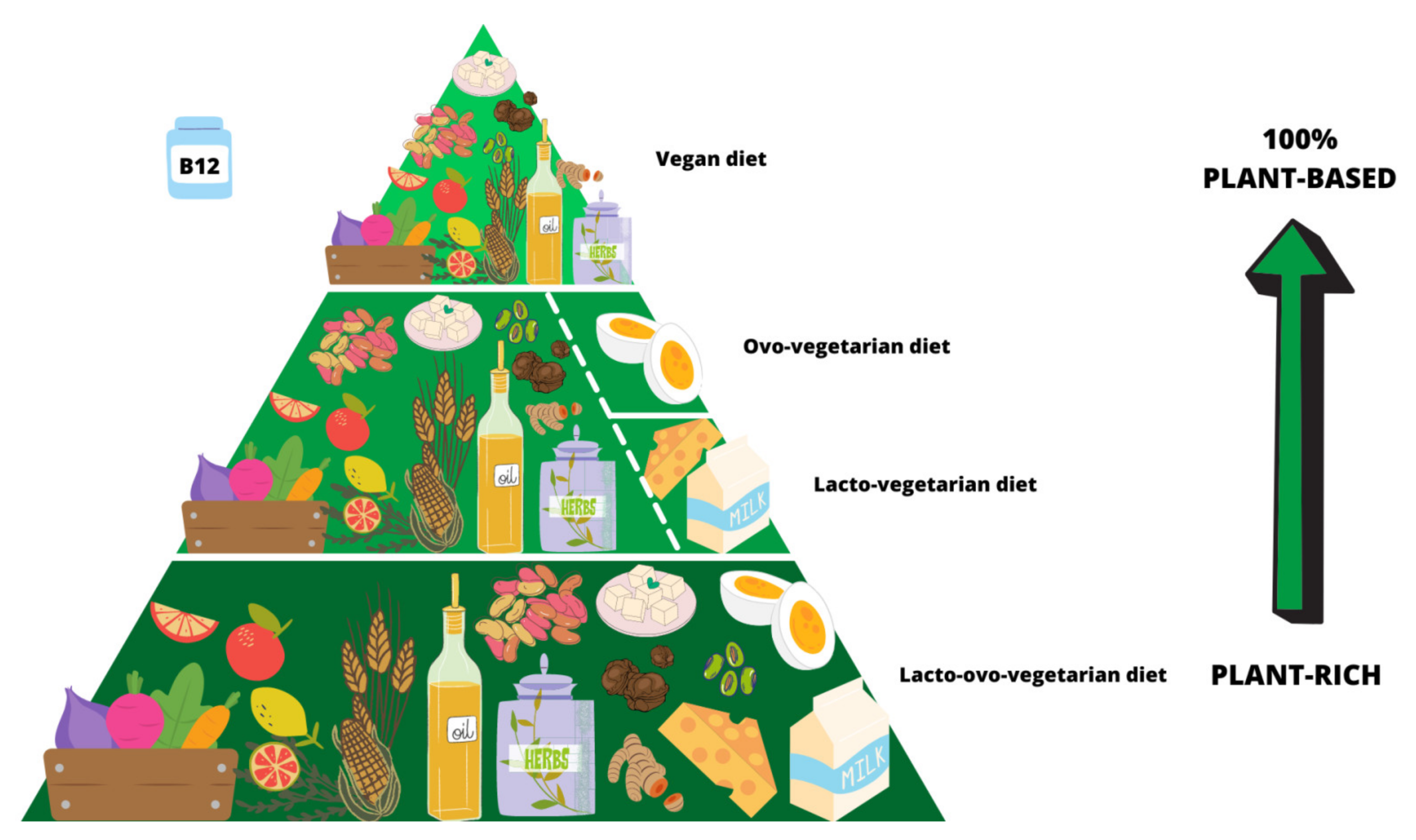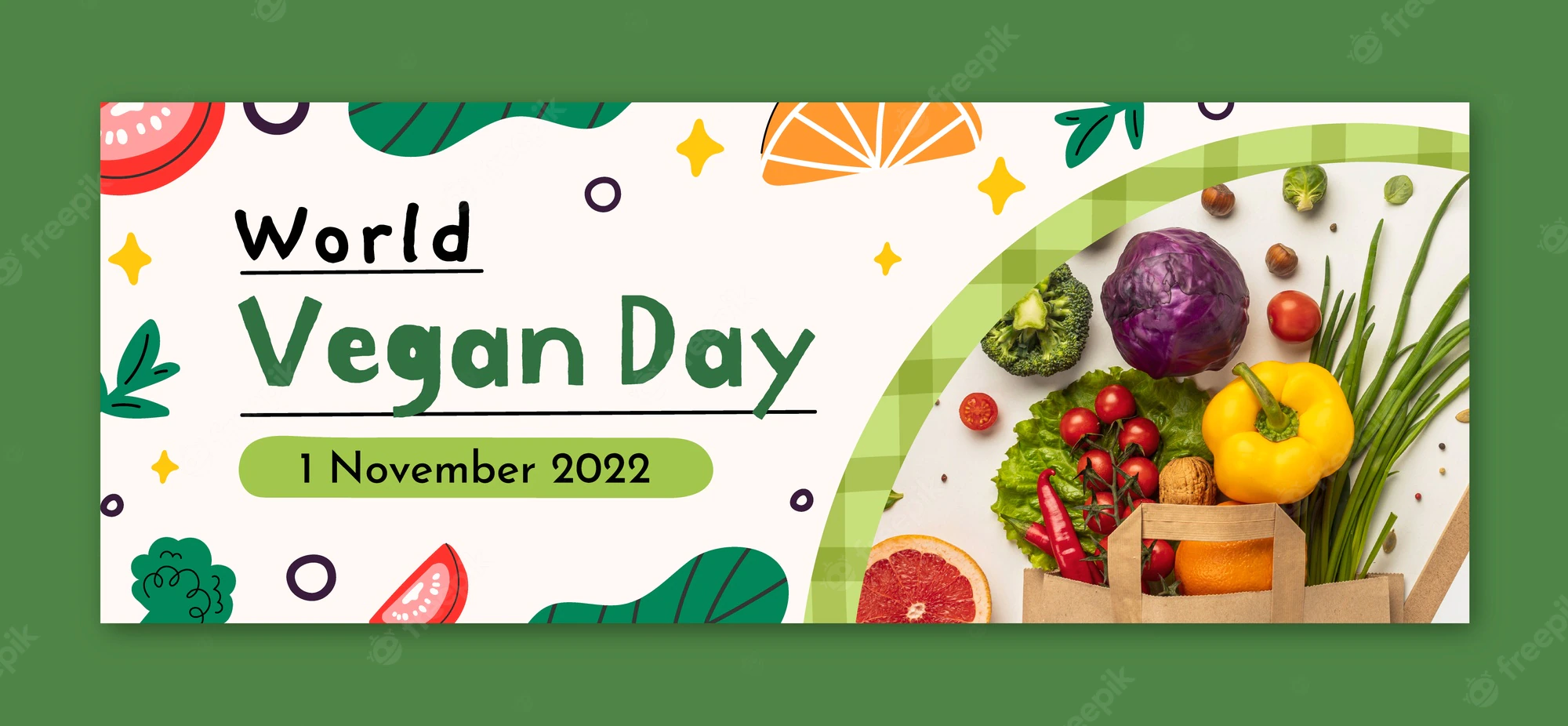By Polina Pallieraki,
World Vegan Day was first celebrated on an international scale in 1994, on the occasion of the 50th anniversary of the founding of the “Vegetarian Society”.
On November 1, 1944, the Englishman Donald Watson, the so-called “Father of Vegetarianism”, founded the “Vegetarian Society” to raise awareness among his country’s public about a healthy lifestyle, without animal products.
The so-called “vegans” are the most conscious vegetarians, who do not discount their beliefs, unlike simple vegetarians, who celebrate World Vegetarian Day on October 1st every year. The philosophy and lifestyle of vegans exclude the use of animals and their products for food, clothing, or any other purpose. Their “eco-vegetarian” concept is informed by ethical criteria for animal rights and the environment and is not strictly a health issue.
What is a vegan diet?
A vegan diet is a diet rich in fresh fruit and vegetables, but low in animal fat and red meat while offering numerous health benefits, including a significantly lower risk of heart disease, cancer, kidney failure, and heart attack. All kinds of animal food and their derivatives are out of everyday life and out of preference in general.
Dairy products such as milk, cheese, yogurt, etc. whose main material comes from animals (cow’s milk, goat’s milk, etc.) are not included in a vegan program. Foods such as honey or egg are also excluded as they are produced by bees and hens. Of course, there is no mention of meat of any kind, even seafood, and fish.

Characteristics of the vegan diet
- It includes large amounts of fruits, vegetables, and legumes.
- Contains low percentages of fat, especially saturated and trans fats.
- The fats it includes belong mainly to the beneficial category of monounsaturated and polyunsaturated fats.
- Contains minimal cholesterol.
- They are rich in fiber.
- It contains a significant content of antioxidants and phytochemicals.
Correct nutritional manipulations to avoid deficiencies
It is therefore understandable somewhere here, that such a program should be very well designed to avoid nutritional deficiencies and deficiencies in nutritional components for the body. It is necessary to meet all the body’s requirements from different sources other than animals. To make it possible, some basic guidelines should be defined to avoid the aforementioned.
Combination of legumes with grains. In this way, the non-heme iron is better absorbed, which is harder than the heme iron found in animal foods and absorbed more easily.
Consuming adequate amounts of fruits, vegetables, grains, and legumes. 5 servings of grains, >4 servings of vegetables, >2 servings of legumes, and >3 servings of fruit are the basis for meeting basic nutrient needs.
Consumption of milk and cheese substitutes. There are several options on the market such as almond milk or soy milk or other plant-based milk as well as plant-based cheese or tofu cheese, which is a source of protein of high biological value.

Avoid foods that are processed. In many cases, vegetarian products such as buns and many more tend to be highly processed, resulting in them being rich in preservatives as well as calories.
To avoid iodine deficiency, where good sources of iodine are fish, eggs, and yogurt, for vegans it is seaweed.
Vitamin B12 is biologically available in animal foods, eg eggs, dairy, meat, and shellfish. Therefore, people who do not eat animal products are at increased risk of deficiency. In this case, the use of a B12 food supplement is recommended to avoid the complications caused by its deficiency.
Avoiding calcium deficiency: In addition to dairy products and small fish (e.g. sardines) calcium is also found in dark green vegetables such as cabbage, spinach, and broccoli and in fortified foods such as breakfast cereals.
Advice
People following a strict vegetarian diet (vegan diet) should have regular biochemical/blood tests to avoid any nutritional deficiencies as well as consult a health specialist dietitian/nutritionist.
References
- Παγκόμσια Ημέρα Αυστηράς Χορτοφαγίας. sansimera.gr. Available here
- Παγκόσμια Ημέρα Vegan Διατροφής: Τι πρέπει να ξέρετε για την αυστηρή χορτοφαγία. iatropedia.gr . Available here




